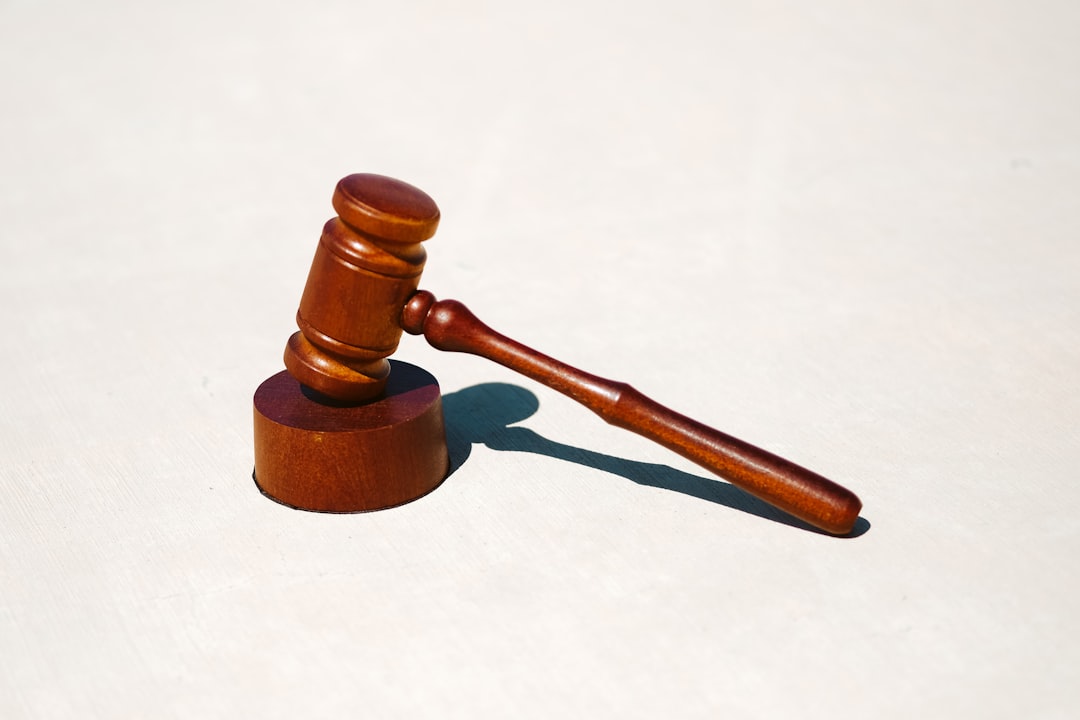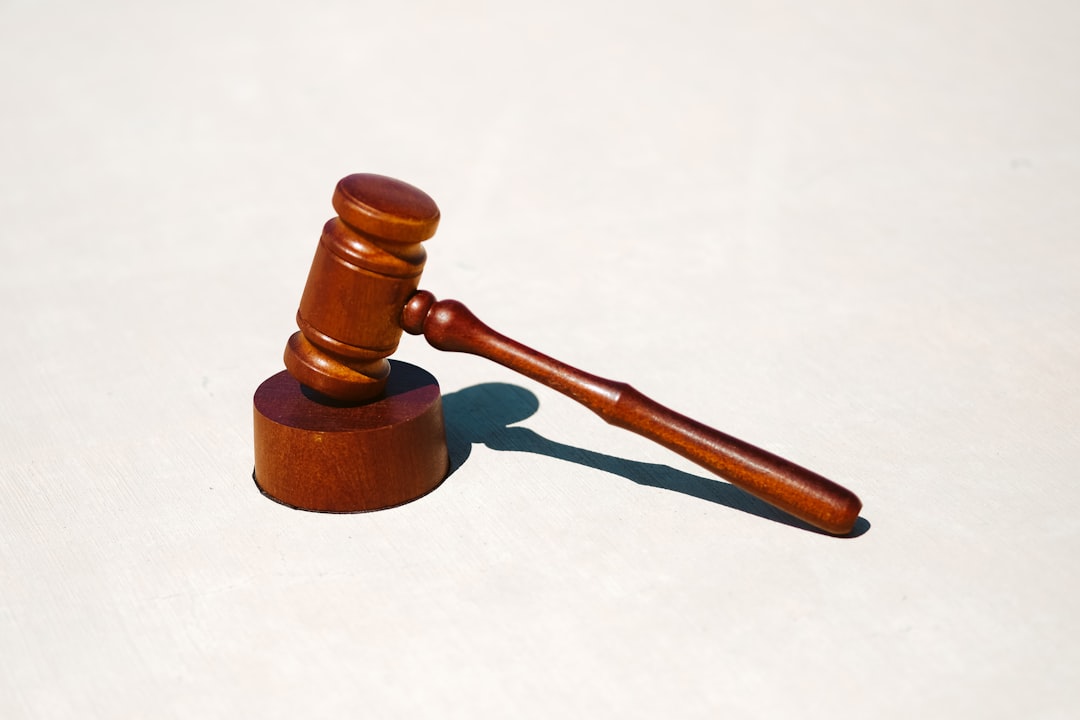In Kansas, consumers have strong rights regarding debt validation when interacting with debt collectors. State law requires creditors to provide proof of debt upon request, and residents can dispute debts within 30 days. Engaging a lawyer specializing in Kansas' Debt Collection Act ensures rights are respected, protects against unfair practices, and guides through verification, challenges, and settlements. Consulting this legal expert is crucial for navigating complex debt collection disputes fairly according to state law.
In Kansas, consumers have specific rights regarding debt validation under state law. Understanding these rights is crucial when faced with debt collection efforts from creditors or their representatives. This article guides you through the intricacies of Kansas debt validation laws, focusing on the rights of debtors and the role a lawyer can play in disputes. Learn essential steps to challenge invalid debts and protect your financial interests effectively. Discover how a lawyer specializing in Kansas debt collector laws can empower you.
Understanding Kansas Debt Validation Laws

In Kansas, consumers have specific rights under state law when it comes to debt validation, particularly when dealing with debt collectors. Understanding these rights is crucial for anyone facing debt collection actions. According to Kansas law, a creditor or debt collector must provide verification of the debt upon request by the consumer. This includes information about the amount owed, the original creditor, and the date the debt was incurred.
If a Kansas resident disputes the debt, they have the right to request written validation from the debt collector or lender. A lawyer for debt collectors in Kansas can help navigate these laws, ensuring that all parties involved understand their obligations. This process is designed to protect consumers from inaccurate or unfair debt collection practices and provides them with an opportunity to verify and challenge the debt if necessary.
Debtor's Rights When Contacted by Collectors

When a debtor in Kansas is contacted by a debt collector, they have specific rights protected under state law. According to the Kansas Debt Collection Act, debtors are entitled to request validation of their debt within 30 days of initial contact from the collector. This means the collector must provide written proof that the debt exists and is owed. A debtor has the right to challenge any portion of this information if they believe it’s inaccurate or incomplete.
Having a lawyer for debt collectors in Kansas can be beneficial during this process as legal expertise ensures debtors’ rights are fully understood and protected. If a collector fails to comply with these validation requirements, the debtor may take legal action, including suing the collector for abusive collection practices. It’s crucial to stay informed about one’s rights to avoid unfair treatment and ensure the debt collection process is conducted in accordance with Kansas law.
The Role of a Lawyer in Debt Collection Disputes

When faced with debt collection disputes, engaging a lawyer for debt collector laws in Kansas can significantly benefit individuals in navigating their rights. These legal professionals are equipped to understand the intricate details of state law regarding debt validation. They play a crucial role in ensuring that collectors adhere to the mandated procedures, protecting consumers from any unfair practices.
A Kansas lawyer specializing in debt collection disputes can provide valuable guidance and representation. They can assist in verifying the validity of debts, challenging inaccurate claims, and negotiating settlements. Their expertise enables them to interpret complex legal language and explain rights to clients, empowering them to make informed decisions during these contentious situations.
Steps to Challenge Invalid Debts in Kansas

If you believe you have an invalid debt, it’s crucial to take action and challenge it under Kansas law. The first step is to gather evidence—this can include original contract documents, payment records, and any communication from the debt collector. Once you have these, you can send a written dispute letter to the debt collector, requesting validation of the debt.
In Kansas, debt collectors must provide specific information to validate a debt, including the amount owed, the name of the original creditor, and a statement that you owe the debt. If the collector fails to provide this or cannot prove the debt is valid, you have the right to have it dismissed. Consider consulting with a lawyer for debt collector laws in Kansas for guidance on navigating this process effectively.






